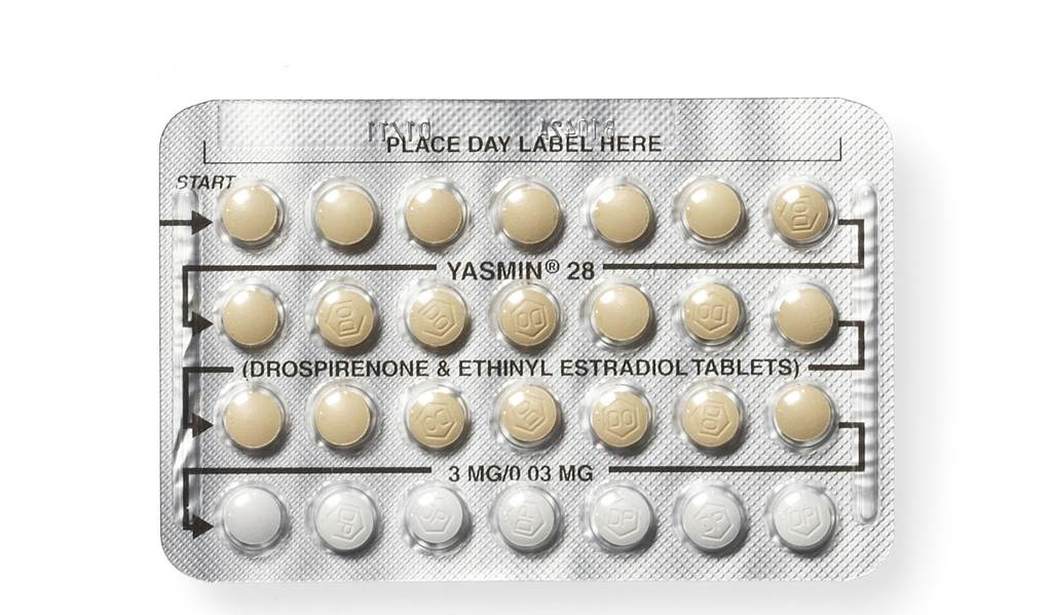A study out of Denmark published in the British Journal of Clinical Pharmacology showed a link between the use of hormonal contraception ("the Pill") and a type of brain tumor called glioma. The study found that women who have taken birth control pills at any point had a 50 percent higher chance of developing a tumor in their lifetime.
From Time:
Using data from Denmark’s national registries of health records, cancer cases and prescriptions, Gaist zeroed in on the women aged 15 years to 49 years diagnosed with glioma, and then analyzed whether they were prescribed contraceptives and for how long. Overall, women who had used hormonal contraceptives at any point in their lives showed a 50% higher risk of developing the brain tumors compared to those who had not used them. And women who used the birth control for more than five years nearly doubled their risk of the cancer. Still, Gaist says, since gliomas are rare, even a doubling of a rare event is still a small risk.
The results came as a surprise to one of the researchers, Dr. David Gaist. Older studies had shown that there was a negative correlation between the use of hormonal contraception and developing a brain tumor.
But he admits he was “a bit surprised” by the results, since previous studies suggested that the sex hormones estrogen and progestin might be protective against the gliomas. But those studies primarily included women past menopause, who self-reported their use of contraceptives. In his study, the women were at the age where they would be taking contraceptives, and the data came directly from medical records and registries and therefore more likely to be accurate.
Recommended
Brittany Maynard, who became known last year for her advocacy for assisted suicide and eventual death, was stricken with a tumor in the glioma family.
This is disturbing news and should raise eyebrows. Birth control pills are widely used and can be acquired by a minor without parental involvement. They're also free for most consumers due to the HHS Mandate. Consumers are constantly told that these drugs are safe. That being said, for many people (including the thousands who recently sued Merck over complications with the NuvaRing contraceptive) the use of contraceptives has had life-altering side effects. While the risk of brain cancer remains small, even with extended contraceptive use, is it really smart to do something to increase those chances?
























Join the conversation as a VIP Member